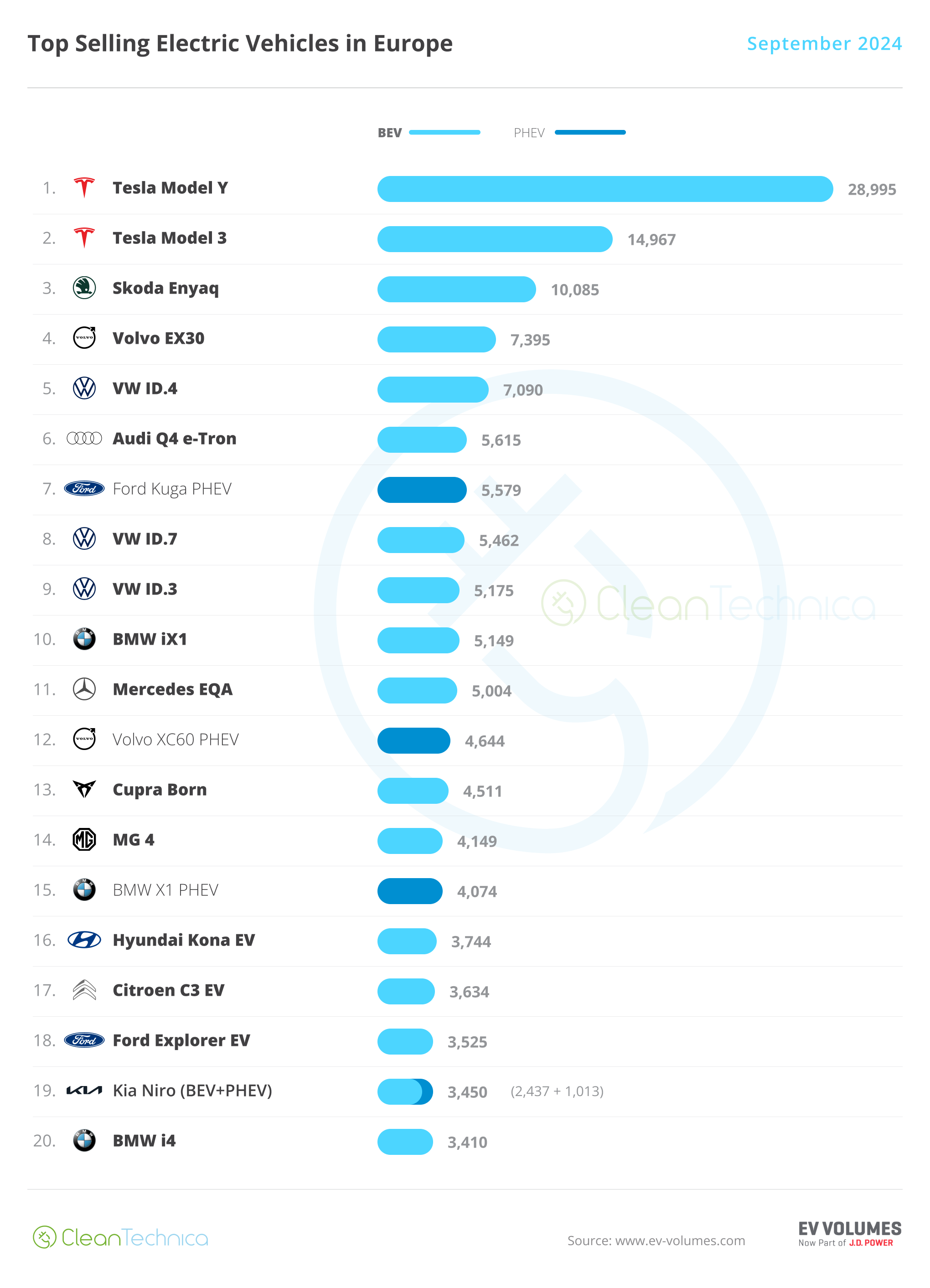In the latest episode of the Money Metals Midweek Memo, host Mike Maharrey blends historical insights with economic commentary to explore Thanksgiving’s roots, the current state of the gold and silver markets, and the enduring principles of sound money.
The Pilgrims’ Experiment in Socialism: A Thanksgiving Tale
Thanksgiving is often remembered for its feasts and family gatherings, but the holiday has a lesser-known economic backstory. Maharrey recounts the trials of the Pilgrims who settled in Plymouth in 1620. Initially, the colony organized itself under a socialist system, where resources and labor were pooled and distributed equally. The results were disastrous. Facing harsh winters, famine, and widespread illness, more than half the colony perished within the first year.
Governor William Bradford documented these struggles, noting that communal ownership bred discontent and laziness. In 1623, the colony adopted a system of private property, assigning each family their own plot of land. This shift incentivized productivity, dramatically increasing crop yields and securing the colony’s survival. As Bradford observed, private ownership aligned with human nature, fostering industriousness and eliminating the inefficiencies of socialism. Without this change, there likely would not have been a Thanksgiving to celebrate.
Gold and Silver: Navigating Volatile Markets
Recent weeks have seen significant swings in the gold and silver markets, driven by geopolitical and economic factors. Maharrey explains that reports of a potential ceasefire between Israel and Hamas temporarily eased investor concerns, leading to a selloff in safe-haven assets like gold. Simultaneously, discussions around tariffs strengthened the U.S. dollar, creating further headwinds for precious metals.
Despite these short-term fluctuations, the fundamentals remain unchanged. Inflation persists, government debt continues to climb, and the Federal Reserve signals a slower-than-expected pace for reducing interest rates. Maharrey predicts that the long-term consequences of years of monetary malfeasance—including artificially low interest rates and excessive quantitative easing—will come to a head within the next 12 to 18 months. These structural issues, he argues, reinforce the case for holding gold and silver as long-term stores of value.
Bitcoin vs. Gold: Complementary Assets, Not Competitors
As Bitcoin recently approached $100,000 before experiencing a correction, Maharrey emphasizes the differences between Bitcoin and gold. While Bitcoin is often dubbed “digital gold,” its volatility sets it apart. Maharrey notes that Bitcoin behaves more like a tech stock, with sharp price swings that can unsettle investors. During economic downturns, Bitcoin has historically failed as a safe-haven asset, unlike gold, which tends to perform well in times of crisis.
Rather than viewing Bitcoin and gold as competitors, Maharrey advocates a complementary approach. He suggests that Bitcoin investors consider converting gains into gold or silver during market corrections. This strategy not only protects profits but also shields wealth from the relentless devaluation of fiat currencies. Money Metals Exchange, he highlights, facilitates seamless transactions between cryptocurrencies and precious metals, offering storage options in a state-of-the-art depository that is even larger than Fort Knox.
The Enduring Lessons of Thanksgiving
Reflecting on Thanksgiving, Maharrey expresses gratitude for the remnants of free-market capitalism in the United States. Despite government intervention and cronyism, the market system has proven far superior to socialism, which he criticizes as incompatible with human nature. The Pilgrims’ failed experiment in communal ownership serves as a cautionary tale, underscoring the importance of incentives and private property in economic systems.
Socialism, Maharrey argues, often appeals to emotion with promises of fairness and collective prosperity. However, its fundamental flaws—ignoring scarcity, incentives, and human behavior—inevitably lead to failure. The Pilgrims’ experience vividly demonstrates that sound economic principles, rooted in human nature, are essential for success.
Avoid Black Friday Madness: Give the Gift of Gold and Silver
As Thanksgiving transitions into the holiday shopping season, Maharrey offers a simple solution to avoid the chaos of Black Friday: invest in precious metals as gifts. Unlike fleeting consumer goods, gold and silver retain their value and serve as lasting reminders of thoughtful giving. Money Metals Exchange offers a range of options, from coins to collectibles, making it easy to find the perfect gift for loved ones.
Conclusion
Maharrey’s commentary in this week’s episode ties together historical lessons, market insights, and practical advice. From the Pilgrims’ economic experiments to the enduring value of gold and silver, the episode reinforces the importance of sound money principles. As we celebrate Thanksgiving, it’s a reminder to reflect on the lessons of history and to prepare for the uncertainties of the future with investments that stand the test of time.
*******




